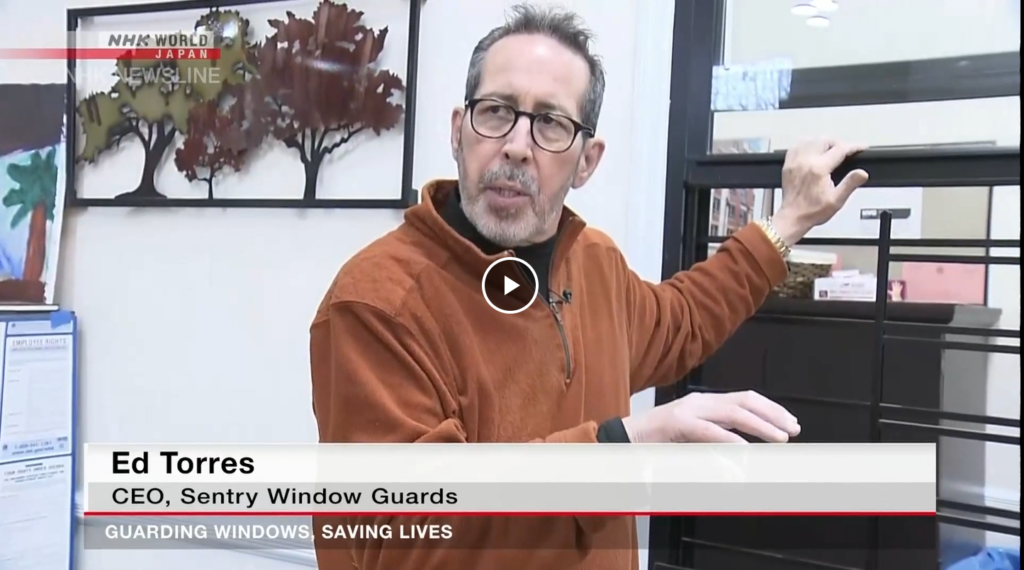In New York City, grass and tree pollen levels rise to their peaks in late spring and early summer making allergy symptoms more pronounced. The first week of May is historically peak pollen levels. Pollen from grass plus maple, birch, oak and other trees can not only trigger itchy eyes and runny noses, but also asthma attacks severe enough to prompt a hospital or doctor visit. It’s important to know how to protect yourself from allergens during peak allergy season so that you can enjoy the beauty of New York City in the spring. We have good news about our beloved NYC cherry blossom trees – they aren’t much of an allergy concern because they are pollinated by insects rather than by wind, so their heavy, sticky pollen grains typically don’t travel far enough to reach allergy sufferers. Use the tips below to reduce the effects of allergies during this spring and early summer.
Keep an Eye on Pollen Levels
The pollen count will fluctuate depending on things like temperature, humidity, and wind. Pollen counts tend to rise on dry, warm, windy days. If you are a severe allergy sufferer, it is recommended to stay indoors on warm, breezy days. Grass pollen levels are highest between 5 am and 10 am, when grass is releasing pollen into the air. While pollen from trees is highest around midday. Stay indoors as much as possible on days when the pollen count is high or it’s windy.
Keep the Pollen Outdoors
We know the spring breeze is just beckoning to be let inside, but when outdoor pollen counts are high, it is best to keep the windows and doors closed as much as you can. Turn on the air conditioner to keep the pollen out and the temperature cool in your home. Pollen counts are highest in the morning and again at night, so only open windows when counts are low. Pets can bring pollen inside on their fur. So brush their hair frequently, wash your hands after touching them, and never rub your eyes after petting them. Your clothes will attract the allergens being kicked around in the air, so change clothes when you’re done being outside for the day. Because allergens can stick to your skin and hair, it is important to shower before bed if you have been outside to remove any allergens that can irritate you overnight.
Reduce Dust and Pollen Indoors
Dust contains pollen and other irritants that can trigger your allergies so keeping your home free of dust can make a big difference in keeping your seasonal allergies under control. Working from top to bottom in each room, vacuum away all of the dust from above door and window frames, ceiling fans, duct grills, baseboards, and the floor with a HEPA vacuum and brush attachment. A HEPA vacuum can capture 99.97% of all allergens. Have the ventilation system professionally cleaned to remove contaminants and potential allergens found in the ductwork, air conditioner coils, and air-handler. Replace HVAC filters with high quality allergen reducing filters. Try to keep indoor humidity levels below 50 percent to keep dust down and prevent mold growth.
Talk to Your Doctor
Talk to your doctor about taking over the counter allergy medicine preventatively before peak pollen season. Most doctors recommend starting your allergy regimen about a month before allergy season begins. Keep the allergy medication they recommend on you at all times, especially any asthma medication that you might need. Wearing a pollen mask while outside or cleaning inside is also an easy way to reduce exposure to irritants.
All of us at Sentry Window Guards hope that your spring season is filled with less allergy symptoms and more fun, spring activities! For more information regarding our window guard products and our expertise in understanding NYC safety requirements, contact us today.









